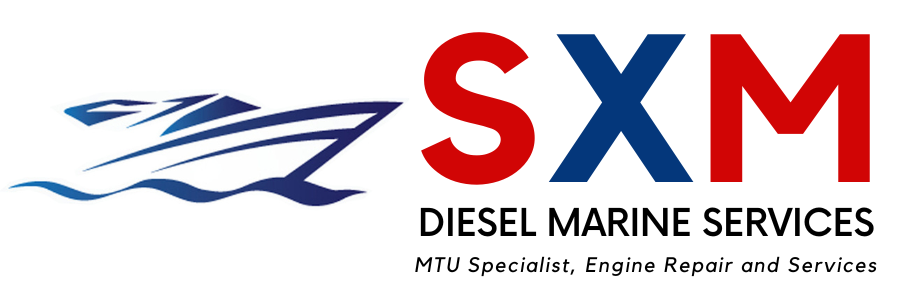There are certain fundamentals that any owner of a diesel-powered boat should be aware of.
Simple routine maintenance will help to guarantee years of trouble-free service.
Your engine needs clean fuel.
This is a must! Fuel may become “contaminated” when it contains water, sediment or other solids. To avoid this contamination, don’t store your boat for the winter, and don’t let it sit around for weeks at a time with partly-full fuel tanks. A full tank minimizes condensation of water vapor on the tank’s interior walls. This reduces the volume of condensate entering the fuel system.
Know your engine’s burn rate.
Knowing the gallons of fuel consumed by your boat per hour and the fuel tank capacity will allow you to know your boat’s range between fill-ups. 20% of your fuel should be held in reserve – thus it’s important to not do not delay re-fueling to the point where you have expended nearly all the fuel in the tank. To suck up the last few gallons of fuel from the bottom of the tank increases your chance of sucking up water (tank condensate), sludge, and other contaminants – perhaps even air – into your fuel lines.
Monitor for exhaust leak.
Make sure to inspect the engine from time to time. When it’s running, inspect the complete exhaust system starting from the engine all the way to the through-hull and overboard discharge. Check for leaks, both of exhaust and water. Major leaks will be obvious, but hairline cracks in hoses and water pot muffler systems may not be readily apparent. These small cracks can allow for larger leaks further down the line. Diesel exhaust contains acidic sulfur and other gasses that may poison the air within the boat, and over time may cause nearby metals to corrode. Diesel exhaust contains acidic sulfur and other gasses that may poison the air within the boat, and over time may cause nearby metals to corrode.
Don’t baby the engine.
Diesel engines don’t like to idle in neutral, or even in gear at low speeds. Running at the sweet spot (after just a few minutes of initial warm-up), the engine should move the boat at a reasonable speed with minimal noise and very little harmonic vibration.
